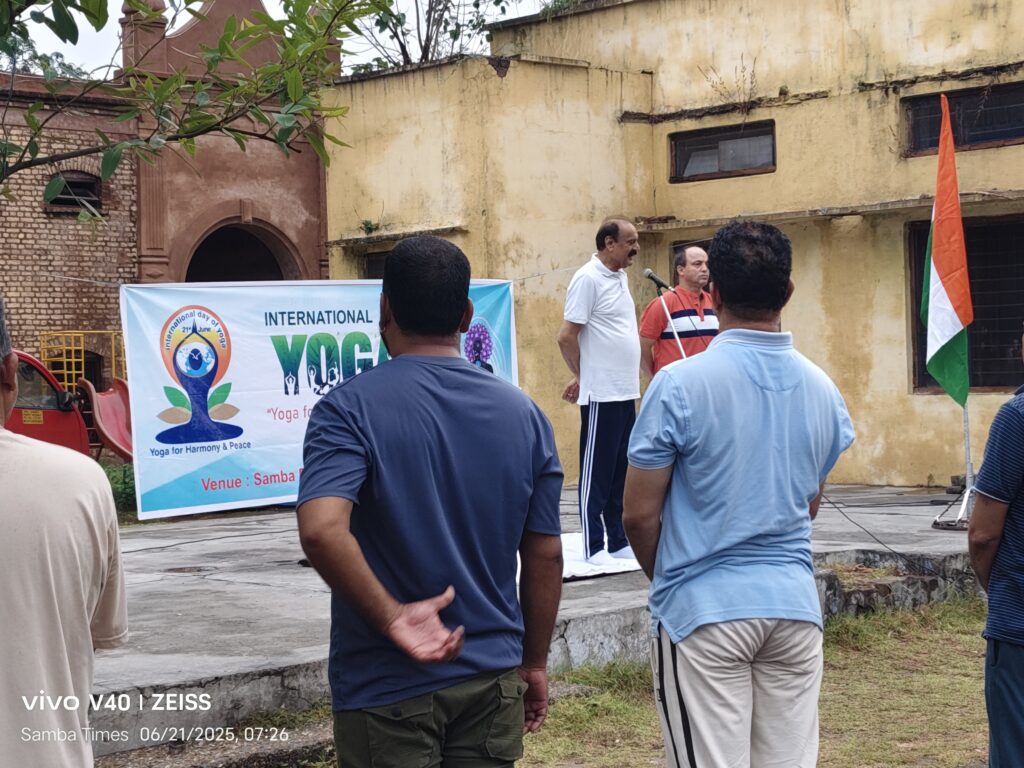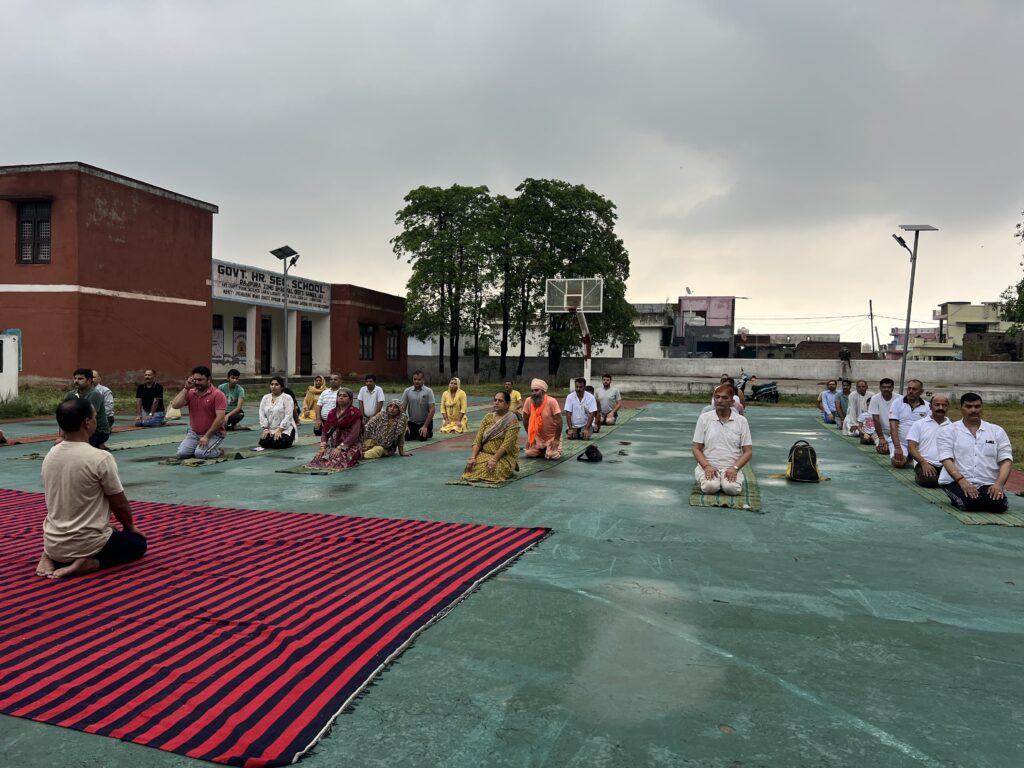CAT Declares Regularized Rehbar-e-Taleem (RReTs) Teachers Equal to General Line Teachers: Implications for J&K Education Sector
Samba Times Editorial

The Central Administrative Tribunal (CAT) has delivered a historic verdict, declaring Regularized Rehbar-e-Taleem (RReTs) teachers in Jammu and Kashmir equivalent to General Line Teachers. This decision resolves a long-standing debate about the status and treatment of RReTs and has far-reaching implications for the education system in the region.
Background on ReT Recruitment
The Rehbar-e-Taleem (ReT) scheme was launched in 2001 to improve student enrollment in government schools, particularly in rural and underserved areas. Over 35,000 teachers were recruited under this initiative who were later classified as Grade-II or Grade-III based on their qualifications. After completing of five years of service, these teachers were to be regularized as General Line Teachers.
But despite their regularization, RReTs faced discriminatory treatment compared to directly recruited General Line Teachers, creating disparities in pay, transfers, and other benefits. They were classified into different categories like it Rets, RReTs, third teachers and so on & for these educators Ret was a stigma because they were not treated ad for with general line teachers.
In 2014, the Government of Jammu and Kashmir made a significant decision in favor of Rehbar-e-Taleem (ReT) teachers, further solidifying their role in the education system. The cabinet, under the leadership of then Chief Minister Omar Abdullah, approved the following measures:
Key Highlights of the 2014 Cabinet Decision
1. Regularization of ReT Teachers
The government decided to regularize ReT teachers who had successfully completed five years of service. This step aimed to acknowledge their contributions and ensure job security.These teachers were absorbed into the General Line Teacher cadre after fulfilling eligibility criteria.
2. Clear Service Structure
A service structure was defined for the ReT teachers, specifying their pay scales and allowances.
3. Recognition of ReT Contributions
The cabinet emphasized that ReT teachers played a crucial role in improving literacy rates and ensuring access to education, particularly in remote and underprivileged areas that too at the times when militancy was at its peak.
The decision was seen as an acknowledgment of their efforts to strengthen the government school system under meagre pay.
4. Strengthening Educational Infrastructure
The government aimed to enhance teacher retention in rural areas through these measures, addressing the long-standing issue of staff shortages in remote schools.
but this decision of the cabinet was challenged in the High Court of Jammu and Kashmir and the Teachers that were transferred from different areas on the post of general 9 teachers they have sword hanging on their necks. Later on in the year 2022 government has made decision to Repatriate all the Ret teachers who were transferred to their original place of posting does creating approved in the ReT teaching community and they for justice went to the court of law & now the hon’ble CAT has given the verdict in their favour
Key Observations from the CAT Order
The CAT made the following significant points in its ruling:
- Equality in Cadre: Once RReTs are regularized, they become part of the same cadre as General Line Teachers. The tribunal ruled that distinctions based on their initial mode of appointment are irrelevant and impermissible.
- Supreme Court Precedent: The tribunal cited Supreme Court judgments stating that classification of employees based on their recruitment source violates Articles 14 and 16 of the Constitution, which guarantee equality and non-discrimination in public employment.
- Rejection of “Birth Mark” Discrimination: The CAT emphasized that once employees are part of the same cadre, their “birth mark” — the method of their appointment — cannot be a basis for differential treatment.
- Quashing Discriminatory Orders: The CAT quashed multiple government orders and policies that treated RReTs differently:
Clause 3(a) of Government Order No. 22.01.2019, which discriminated against RReTs.
Government Order dated 25.07.2022, which repatriated RReTs to their original place of posting.
Clause D (30) of the Transfer Policy dated 24.04.2023 and Clause A(n) of Notification No. 01 dated 26.04.2023, which imposed unfair conditions on RReTs.
Implications of the CAT Decision
- Boost to Teacher Morale: This judgment recognizes the contributions of RReTs, uplifting their morale and ensuring they receive the respect and equality they deserve.
- Reforms in Transfer Policies: The government will need to revisit and revise its transfer and promotion policies to treat RReTs at par with other General Line Teachers.
- Uniformity in Benefits: The decision will ensure uniformity in pay, benefits, and transfers for all teachers within the same cadre, eliminating long-standing disparities.
- Encouragement for Rural Education: By recognizing the efforts of RReTs, this decision might encouraged them to work with more zeal
- Legal Precedent: This order sets a precedent for addressing other cases of discrimination in public employment, reinforcing constitutional principles of equality.
Challenges in Implementation
While the decision is progressive, implementing it uniformly across districts may pose administrative challenges. Resistance from certain sections of the administrative framework or other teacher groups could arise, requiring careful policy handling and monitoring.
Conclusion
The CAT’s ruling is a watershed moment for Jammu and Kashmir’s education system. By declaring Regularized Rehbar-e-Taleem teachers as equal to General Line Teachers, it not only addresses years of discrimination but also aligns with constitutional values of equality and fairness. This decision paves the way for a more equitable education system, ensuring that all educators receive the recognition and treatment they deserve.
Rahul Sambyal ✍️
Executive Editor
Samba Times





